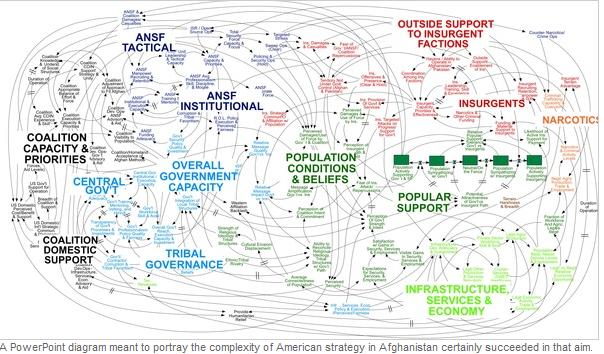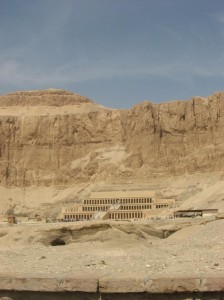Dear Commons Colleagues,
I don’t know how many of you had an opportunity to see part or all of the Goldman Sachs Senate hearings held yesterday but if you haven’t you must read the op-ed column in today’s NY Times by Maureen Dowd. She likens these hearings to the scene in the Godfather II where Michael Corleone is at a congressional hearing defending his family’s olive oil business. Here is a small snippet from her piece about the “Fabulous Fab”:
“In an e-mail to his girlfriend, he called his “Frankenstein” creation “a product of pure intellectual masturbation, the type of thing which you invent telling yourself: ‘Well, what if we created a “thing,” which has no purpose, which is absolutely conceptual and highly theoretical and which nobody knows how to price?’ ”
She concluded her column by mentioning that Goldman Sachs stock actually rose yesterday while these hearings were going on. Oh and so did the price of wholesale olive oil.
The full column can be viewed at: http://www.nytimes.com/2010/04/28/opinion/28dowd.html?th&emc=th
Tony










